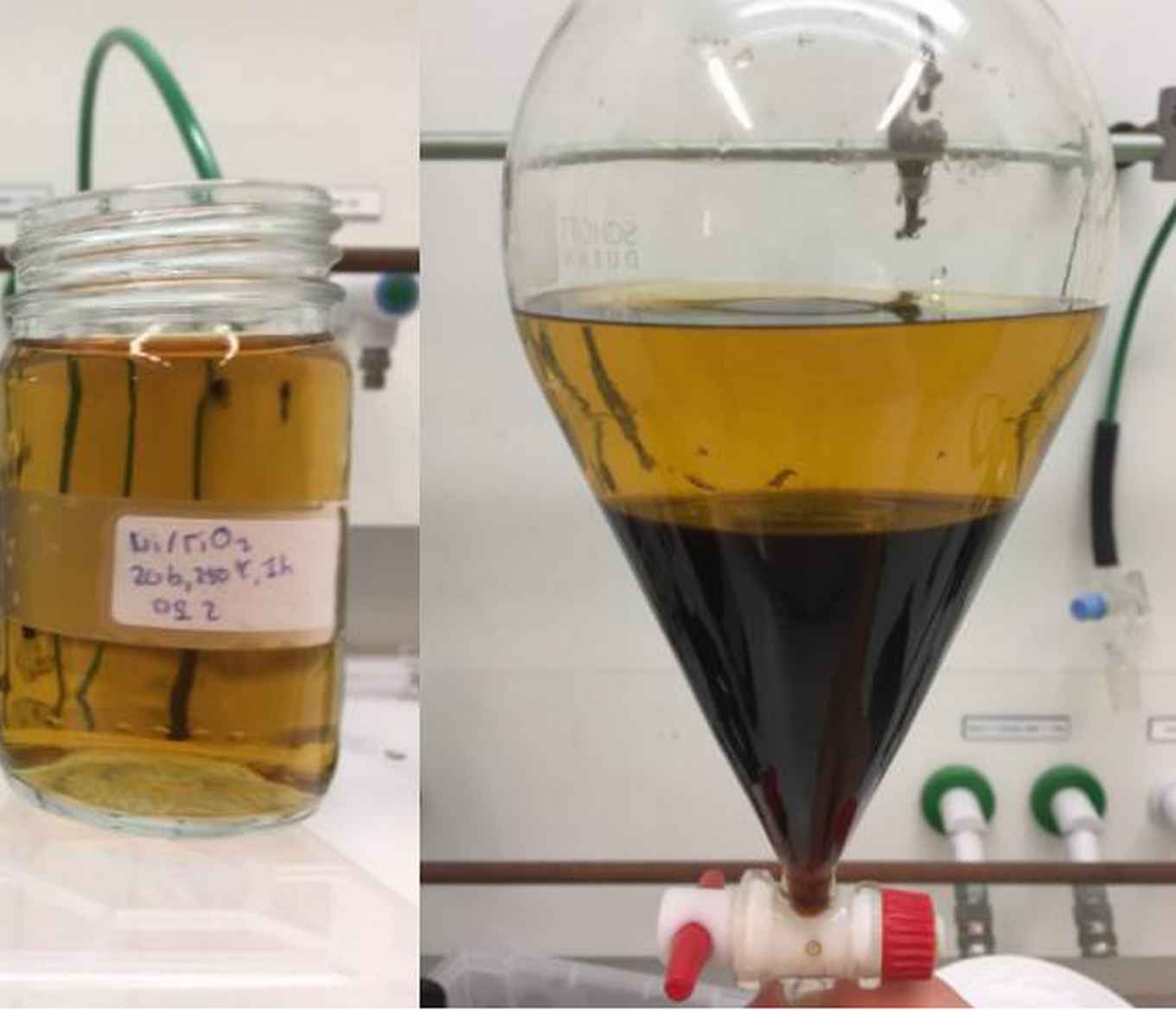Booking.com supports research into renewable jet fuel from waste
18 December 2018

Dr Raveendran is working on a catalytic process for converting organic waste into sustainable jet fuels. His team has performed preliminary studies on converting waste cellulose to bio-oil in a batch reactor. He will use the funding from Booking.com to extend his research to more types of organic waste and to scale up the experiments. In addition, the project involves the development of a strategy to make consumers aware of waste flows, of emissions from aircraft and of the importance of cleaner fuels and a circular economy. In this part circular economy consultant Sarah Wilkin is involved.

"We are very pleased that the Booking Cares Fund supports our project" says Dr Raveendran, who is associate professor with the Heterogeneous Catalysis and Sustainable Chemistry group at the Van 't Hoff Institute for Molecular Sciences, and contributor to the UvA's research priority area Sustainable Chemistry. "This is a challenging project. With the support we can take our project to the next level, bringing the production process of sustainable bio jet fuel more closer to a realistic scale." The project will also be supported by Amsterdam Green Campus and AEB Amsterdam, the waste-to-energy and raw materials company.
Air travel is not sustainable
By 2050, international air traffic is forecasted to double, causing an increase in energy consumption and related growth of CO2 emissions. The International Air Transport Association IATA has identified biojet fuel as the most promising strategy to reduce CO2 emissions in the aviation sector. Reductions up to 95% can be achieved with sustainable biofuel. Additionally, the use of biojet fuel will decrease the dependence on fossil fuel, at least partially.

The approach to producing sustainable jet fuels from organic waste including food waste is still in its infancy. But it has the potential to revolutionize the airline industry, according to Marianne Gybels, Head of Corporate Social Responsibility (CSR) at Booking.com. Via its 'Booking Cares' initiative, Booking.com supports various projects that contribute to the sustainability of the tourism industry. The project team of the UvA is one of the seven winners in the second round of the program that took place at the Booking.com headquarters in Amsterdam earlier this month. Over the course of four days, 13 teams from around the world, selected from over 250 project ideas, were paired with a Booking.com mentor and were challenged to finish off an ambitious project plan to drive innovation in the sustainable tourism industry.